Here the Right Worshipful Master calls the candidate’s attention to the keystone before him, by pointing out to him the initials on the stone, which he is informed read as follows:–
HIRAM, TYRIAN, WIDOW’S SON, SENDETH TO KING SOLOMON. The candidate is here instructed how to read the words when challenged by any stranger, which is as follows:–
R. W. M.–Hiram.
Candidate–Tyrian.
R. W. M.–Widow’s.
Candidate–Son.
R. W. M.–Sendeth.
Candidate–To.
R. W. M.–King.
Candidate–Solomon.
R. W. M. (pointing to the centre within the circle of these letters.)–Within this circle of letters every Mark Master Mason must place his own private mark, which may be any device he may choose to select; and when you have selected your mark, and it is once regularly recorded in the Book of Marks of this or any other Lodge of which you may be chosen a member, you have no more right to change it than you have to change your own name.
Marks are not generally recorded; this duty is very much neglected–it should be done, and strictly enforced in every Lodge.
Master reads to candidate: “He that hath an ear to hear, let him hear.”–Rev. iii. 13.
The Master further instructs the candidate in the signs of the penalties of this Degree (see Figs. 19, 20, 21, and 22), and then presents, or points out to him on the chart, the working-tools of a Mark Master Mason, viz.: a mallet and chisel, the use of which he explains as follows:–
The chisel morally demonstrates the advantages of discipline and education. The mind, like the diamond in its original state,
p. 173
is rude and unpolished, but as the effect of the chisel on the external coat soon presents to view the latent beauties of the diamond, so education discovers the latent beauties of the mind, and draws them forth to range the large field of matter and space, to display the summit of human knowledge, our duty to
TOOLS OF A MARK MASTER. [paragraph continues] God and man. The malletmorally teaches to correct irregularities, and to reduce man to a proper level; so that by quiet deportment he may, in the school of discipline, learn to be content. What the mallet is to the workman, enlightened reason is to the passions: it curbs ambition, it depresses envy, it moderates anger, and it encourages good dispositions, whence arises among good Masons that comely order,
R. W. M. (to candidate.)–Brother, in taking this Degree, you have represented one of the Fellow Craft Masons who wrought at the building of King Solomon’s Temple. It was their custom on the eve of the sixth day of the week to carry up their work for inspection. This young craftsman discovered in the quarries the keystone to one of the principal arches that had been wrought by the Grand Master, Hiram Abiff, and, throwing away his own work, he took it up to the Temple, where it was inspected by the Overseers, rejected as of no account, and thrown over among the rubbish. He then repaired to the office of the Senior Grand Warden to receive his wages; but not being able to give the token, he was detected as an impostor, which like to have cost him his right hand; but King Solomon pardoned him, and after a severe reprimand he was taken back to the quarries. Previous to the completion of the Temple, the progress of the work was interrupted for want of the keystone, which circumstance being communicated to King Solomon, he gave orders that search should be made for it among the rubbish, where it was found, and afterward applied to its intended use.
On the sixth hour of the sixth day of every week, the craft, being eighty thousand in number, formed in procession, and re-paired to the office of the Senior Grand Wardens, to receive their

Moe is the founder of GnosticWarrior.com. He is a father, husband, author, martial arts black belt, and an expert in Gnosticism, the occult, and esotericism.

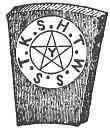


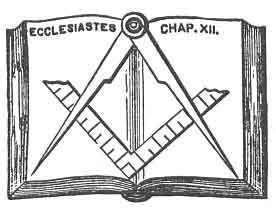
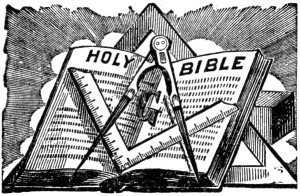
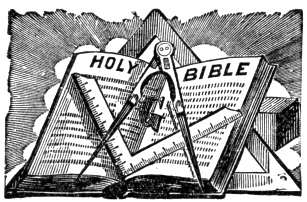
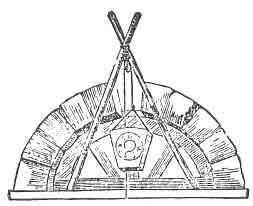
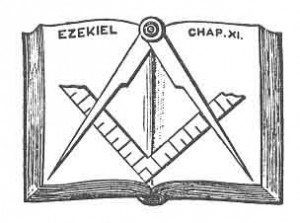
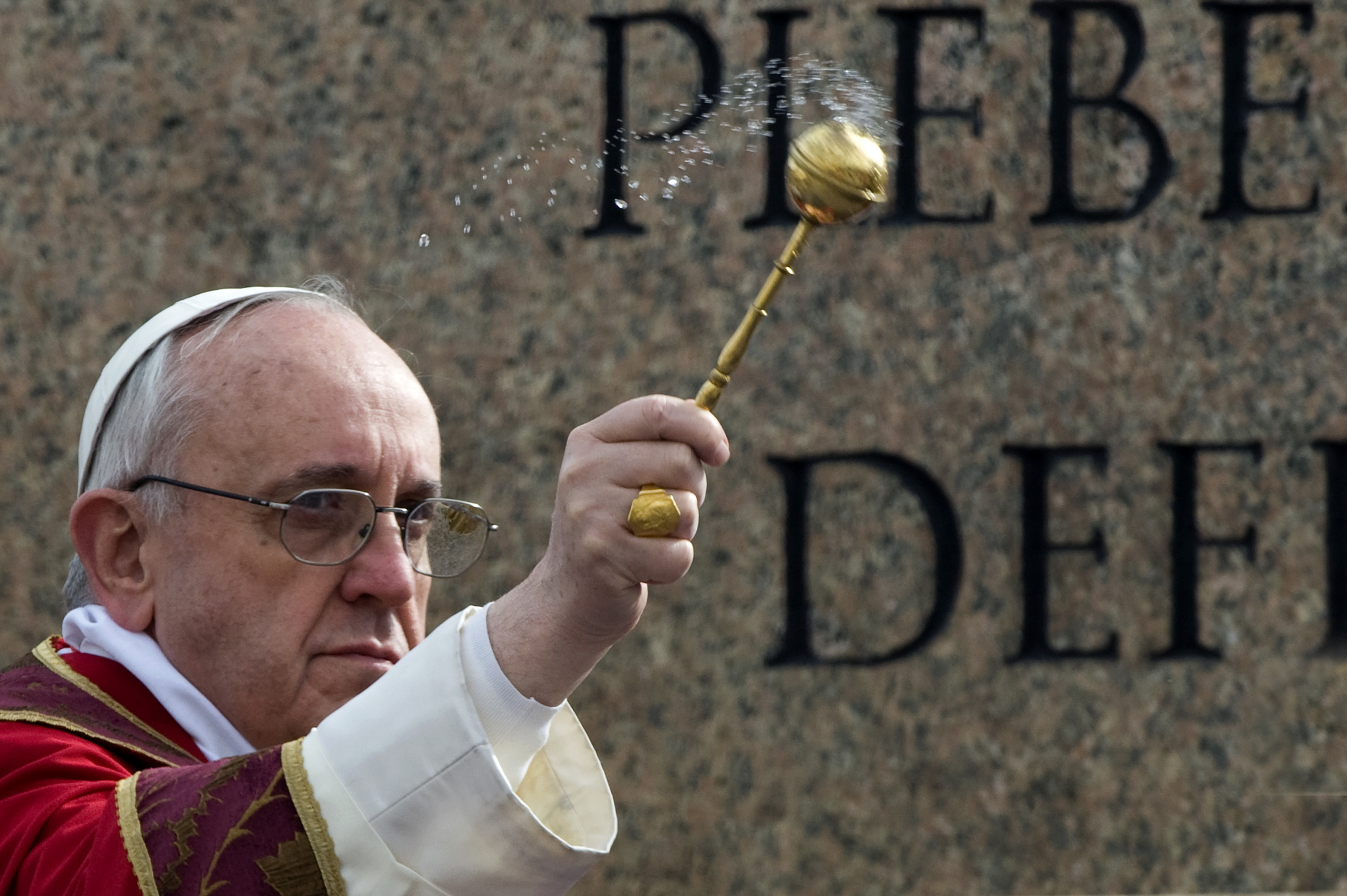
I enjoy reading and gaining knowledge to better thyself as well as our surroundings. It is crucial for us to continue the knowledge in order to fully give life freely.